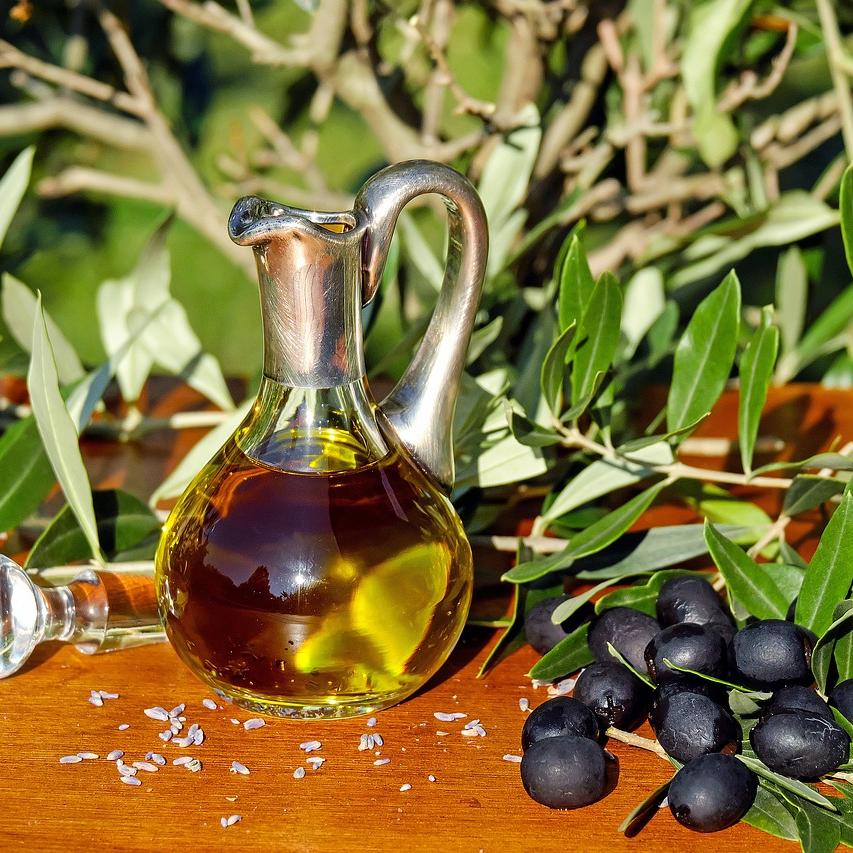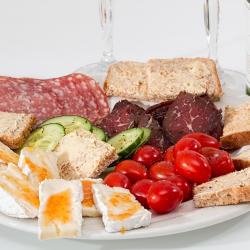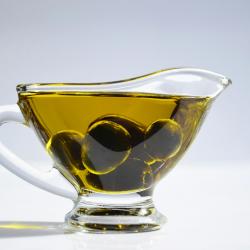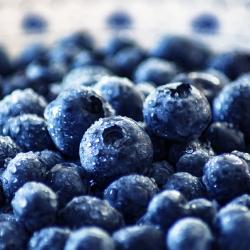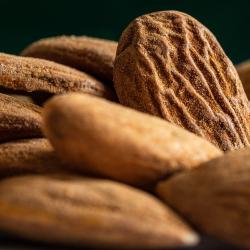The Importance of Healthy Fats: What to Eat and What to Avoid
The health and wellness community has come a long way in dispelling the myth that all dietary fats are detrimental to our health. The reality is, fats are an essential part of a balanced diet, playing crucial roles in numerous bodily functions. However, the focus should be on consuming the right kinds of fats, as not all fats are created equal. This article explores the importance of healthy fats, what to eat, and what to avoid to help you make informed dietary choices.
Understanding Fats: The Basics
Fats, or lipids, are a dense source of energy, providing nine calories per gram, which is more than twice the calories provided by carbohydrates and proteins. They serve several vital functions:
- Energy Storage: Fats store energy that the body can use when it needs fuel.
- Nutrient Absorption: They aid in the absorption of fat-soluble vitamins like A, D, E, and K.
- Cell Structure: Fats are essential components of cell membranes.
- Hormone Production: They're involved in the production of vital hormones.
Understanding the different types of fats is crucial for promoting heart health and maintaining a balanced diet.
Healthy Fats: What to Eat
-
Monounsaturated Fats: These fats are beneficial and known for their heart-protective properties. They can help reduce bad cholesterol levels, lowering the risk of heart disease and stroke.
- Sources: Olive oil, avocados, nuts (e.g., almonds, hazelnuts, and pecans), and seeds (e.g., sesame seeds).
-
Polyunsaturated Fats: Also known as essential fats because our bodies cannot produce them, these fats include omega-3 and omega-6 fatty acids.
- Omega-3 Fatty Acids: These are crucial for brain health and reducing inflammation.
- Sources: Fatty fish (e.g., salmon, mackerel, sardines), chia seeds, flaxseeds, and walnuts.
- Omega-6 Fatty Acids: While essential, it's important to consume them in moderation, ideally balanced with omega-3s.
- Sources: Soybean oil, sunflower oil, and corn oil.
- Omega-3 Fatty Acids: These are crucial for brain health and reducing inflammation.
-
Omega-9 Fatty Acids: Though not essential, these fats can improve metabolic health and reduce inflammation.
- Sources: Olive oil, canola oil, and almonds.
By incorporating more of these healthy fats into your diet, you can not only improve cardiovascular health but also support your overall well-being.
Unhealthy Fats: What to Avoid
-
Trans Fats: Often found in processed foods, these fats are notorious for raising bad cholesterol levels while lowering good cholesterol, increasing the risk of heart disease.
- Sources: Partially hydrogenated oils found in baked goods, fried foods, and some margarine products.
-
Saturated Fats: Although not as harmful as trans fats, excessive intake of saturated fats can raise cholesterol levels and potentially contribute to heart disease.
- Sources: Red meat, butter, cheese, and other dairy products high in fat.
While it's not necessary to eliminate saturated fats from your diet completely, it's wise to consume them in moderation and prioritize healthier fats when possible.
Tips for a Balanced Fat Intake
- Choose Cooking Oils Wisely: Use olive oil or avocado oil for cooking instead of butter or lard.
- Opt for Nuts and Seeds: Snack on a handful of nuts or seeds instead of processed snacks.
- Incorporate Fatty Fish: Aim to eat fatty fish like salmon or mackerel at least twice a week.
- Read Labels: Be mindful of trans fats listed as "partially hydrogenated oils" on food packaging.
Conclusion
Incorporating healthy fats into your diet is essential for maintaining optimal health. By distinguishing between the different types of fats and making informed choices, you can enjoy the benefits that these crucial nutrients offer. Focus on eating a variety of healthy fats from natural sources while minimizing your consumption of unhealthy trans and saturated fats. Balance, moderation, and variety are key to a healthy diet and lifestyle.
